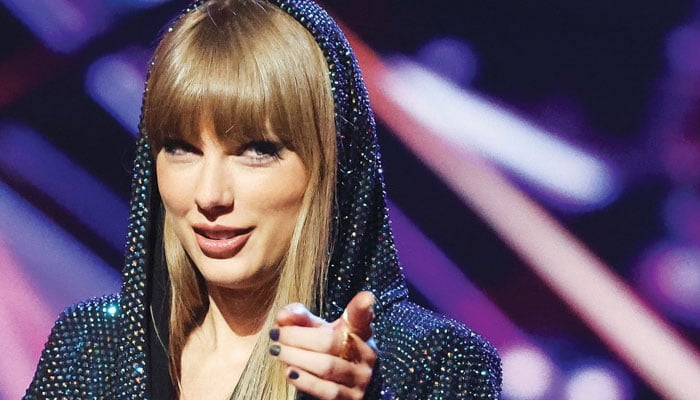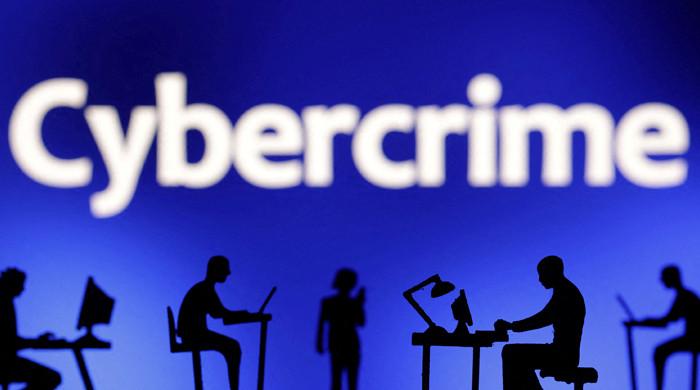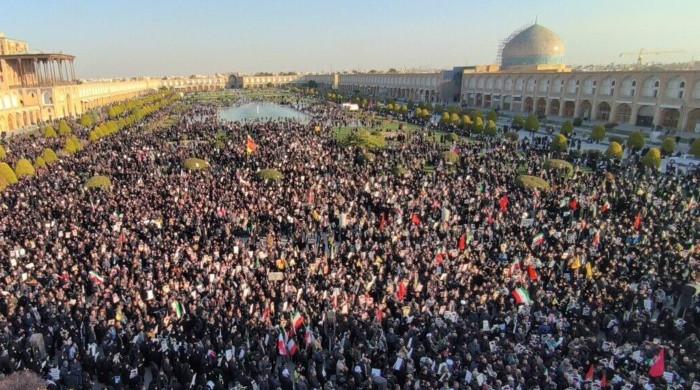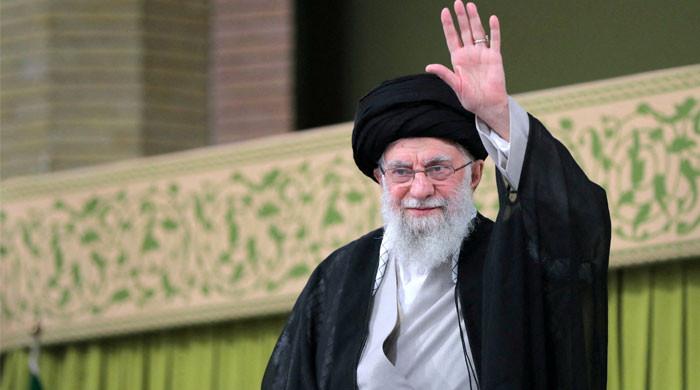Taylor Swift-inspired word crowned Merriam-Webster's Word of the Year
According to Merriam-Webster, the Taylor Swift-inspired term is closely associated with the concepts of being real and actual
November 27, 2023

Merriam-Webster has declared "authentic", inspired by popular singer Taylor Swift and tech entrepreneur Elon Musk, as the word of the year for 2023, reflecting the ongoing preoccupation with truth and facts in contemporary discourse.
The online dictionary noted a considerable surge in searches for the word's definition, attributing it to discussions about AI, celebrity culture, identity, and social media. "Authentic" is valued for its diverse meanings, such as "not false or imitation" and "true to one's own personality, spirit, or character."
According to Merriam-Webster, the term is closely associated with the concepts of being real and actual, making it a highly desirable quality. It often finds relevance in expressions of identity, particularly in realms like cuisine.
Noteworthy personalities, including singers Lainey Wilson, Sam Smith, Taylor Swift, and entrepreneur Elon Musk, have made headlines this year by emphasising the pursuit of their "authentic voice" or "authentic self."
The rise of artificial intelligence has muddled the distinction between reality and fabrication, prompting individuals across various domains, including celebrities, brands, and social media influencers, to assert their authenticity.
Another term, "deepfake," also attracted significant attention in searches this year. Merriam-Webster defines it as "an image or recording that has been convincingly altered and manipulated to misrepresent someone as doing or saying something that was not actually done or said."
The dictionary reported a notable spike in searches for "deepfake" in April and early May, particularly during legal proceedings involving Elon Musk. Musk's lawyers argued against his legal testimony, citing concerns that some public statements attributed to him might have been deepfakes.
However, this argument was ultimately dismissed. Notable instances of deepfake images in the news this year included those seemingly depicting former President Donald Trump being detained by police in March.
In 2022, Merriam-Webster chose "gaslighting" as the word of the year, emphasising its prevalence in the "age of misinformation." Other terms that drew substantial online dictionary traffic in 2023 included coronation, dystopian, indict, and doppelgänger.
Additionally, the term "rizz" gained sudden popularity in September, defined as "romantic appeal or charm" as a noun, and "to charm or seduce" as a verb.











